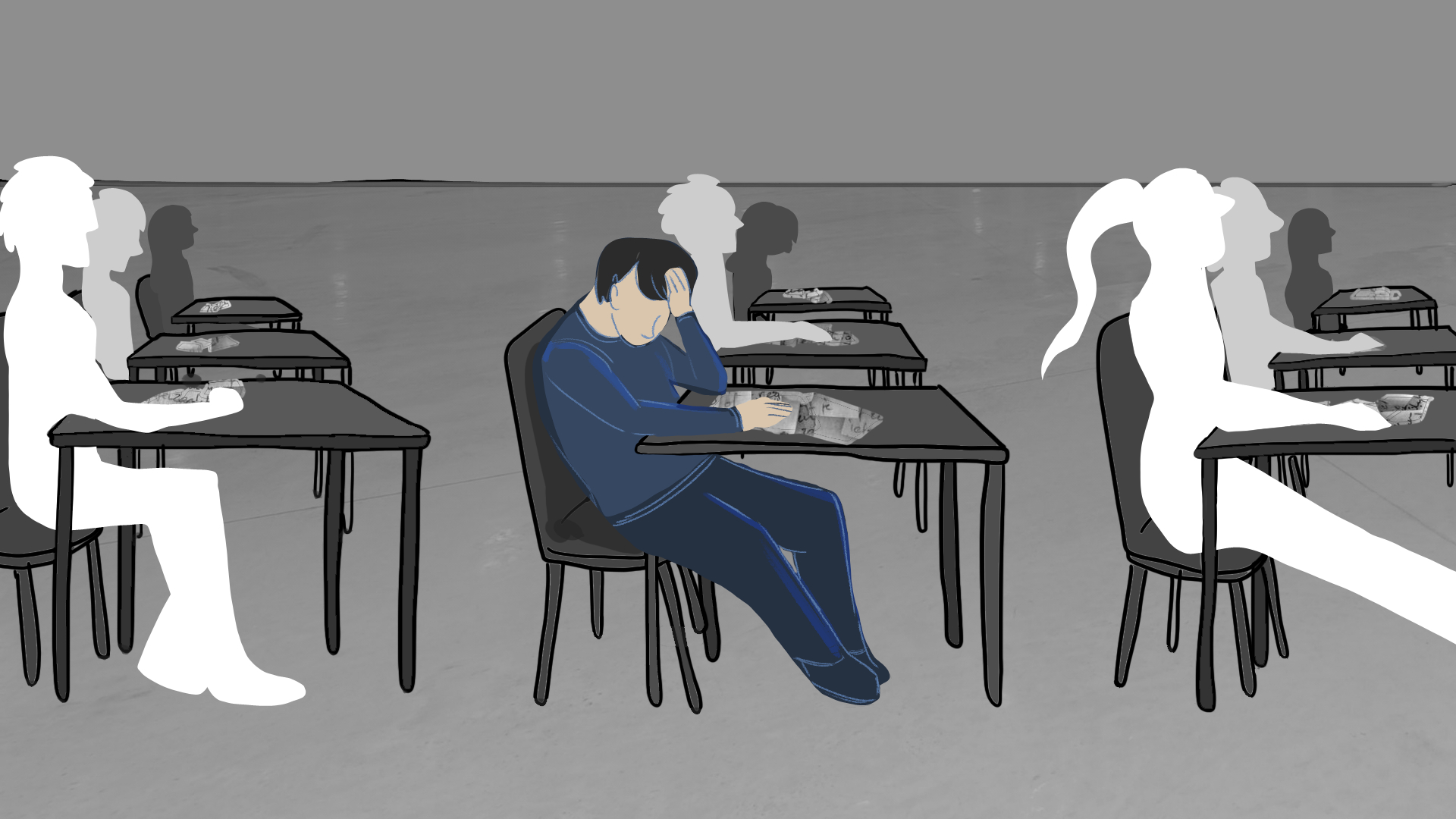Failure (noun): a feeling of inferiority, disappointment, and shame. A feeling that we let down those around us, the people we care about, and most importantly, ourselves.
This fear of inadequacy is etched into the minds of every individual without discrimination and constantly haunts our thoughts and precedes our actions. For the majority of us, failure isn’t a good feeling. It discourages us and makes us question our self-worth. As students navigate the waters of life — trying to balance school, family, relationships, extracurriculars, and careers in the midst of a pandemic — feelings of inadequacy are bound to catch up with us.
I know failure all too well. As a second-year student at the University of Toronto studying neuroscience and immunology, I am not immune to the pressing thoughts of defeat. As I constantly compare myself to the utopian presentations of other students, I indulge in the self-doubt that’s shared by any student and, frankly, human on Earth.
Beyond failing to meet my academic expectations, I’ve also experienced failure in an unique way, one that’s shared with two million other Canadians.
I was only 14 when I had my first episode of pediatric autoimmune neuropsychiatric syndrome (PANS). PANS is an autoimmune disease that heavily impaired me neurologically. I had severe obsessive compulsive disorder, a complete personality shift, hallucinations, severe separation anxiety, and absolutely no control over my thoughts and actions.
This episode lasted about two weeks, of which I only have a few minutes of recollection. It’s impossible to express the gravity of this experience; it was a complete metamorphosis into a version of myself that I had never experienced before, and the only one responsible for this was my own body.
This was the first of three episodes of PANS over the course of the next three years. Fifteen months after my last episode, I was diagnosed with another autoimmune disease: immune thrombocytopenia purpura, a platelet disorder that leads to bruising or bleeding. My life was put into an immediate halt as the diagnosis stopped my involvement in competitive basketball and high-level trumpet performances and confined me to my thoughts about a life-threatening condition.
This lasted for nine months, during which time I routinely found myself in hospitals, getting blood drawn and enduring treatments like a bone marrow biopsy testing for cancer, surrounded by patients who were also ‘broken’ like me.
This experience, in all its entirety, was a total physiological malfunction. A complete negligence and inability of my body to complete a fundamental task: preserve my health. So yeah, I guess I know a little bit about failure.

